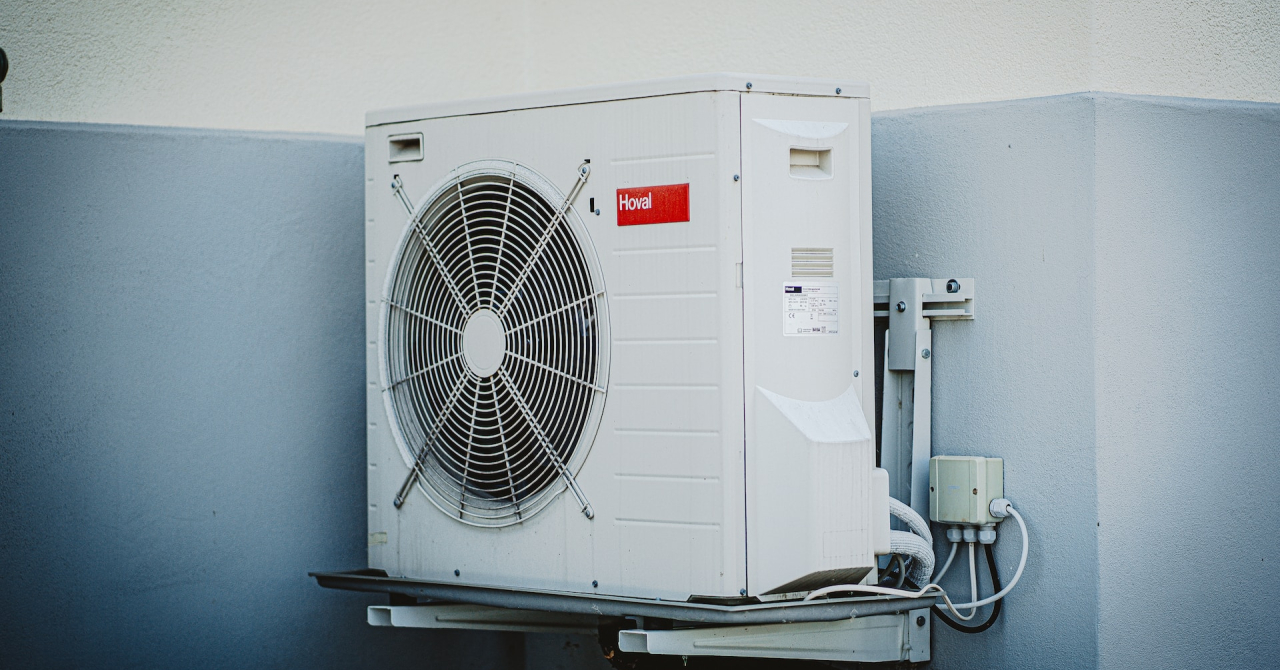According to Reuters, the Global Cooling Pledge could represent the first collective effort of multiple countries to reduce the emissions coming from this sector. It proposes that countries will reduce their cooling-related carbon emissions by at least 68% compared to 2022 levels before mid-century.
As the use of air conditioning continues to rise as a result of climate change-related extreme heat, this task could prove itself to be difficult. And that's not taking into account refrigerators and freezers.
According to experts at the United Nations Environment Programme (UNEP), cooling capacity is expected to triple by 2050, meaning that related emissions are also set to reach anywhere from 4.4 billion and 6.1 billion tons. This would also affect the grid, as more power will be required to ensure that everything works as it should.
Jürgen Fischer, president of climate solutions at Danish multinational Danfoss which specializes in heating and cooling, said that "people will buy a very cheap air conditioner produced somewhere in Asia for 100 bucks and plug it in. That will load the energy system a lot, and there will be a collapse."
He suggests that individual plug-ins are not a solution given these circumstances and maybe collective cooling and heating systems could be the answer for sustainable thermal comfort at home.
Canada and Kenya are also among the 63 countries that adhered to the pledge.
 Mihai - Cristian Ioniță
Mihai - Cristian Ioniță












Any thoughts?